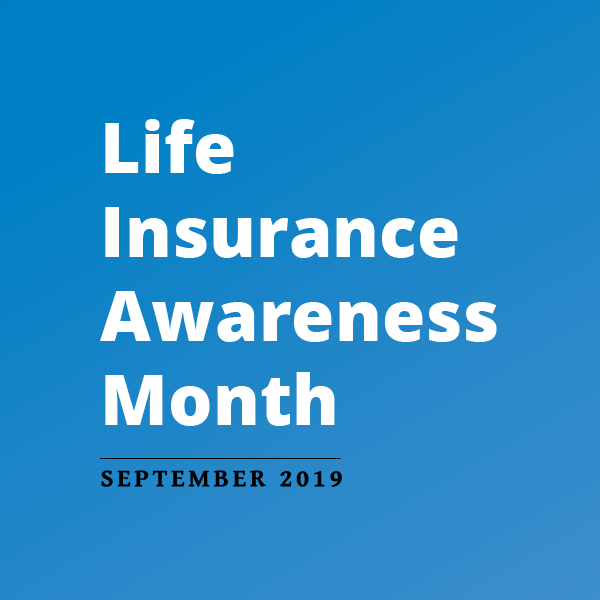| BALTIMORE – All life insurance policies have one thing in common – they’re designed to pay money to “named beneficiaries” when you die. The beneficiaries can be one or more individuals or even an organization. As National Life Insurance Awareness Month kicks off, Maryland Insurance Commissioner Al Redmer, Jr. urges consumers to take time to learn and understand what life insurance is and what coverages are available.
 “In most cases, policies are purchased by the person whose life is insured,” Commissioner Redmer said. “However, life insurance policies can be taken out by spouses or anyone who is able to prove they have an insurable interest in the person. If you buy insurance on someone else’s life the policy pays when that person dies. It pays to consult a trusted insurance advisor to check on what insurance you might need.”
TOP CONSIDERATIONS
There are many different types of life insurance policies; you should choose a policy with features that fit your individual needs. Based on their unique characteristics, it is possible to identify several distinct types of life insurance coverages. However, they fall into two classes of life insurance products: term and cash value policies.
Term life insurance – is a policy that is purchased for a period of time (a term). The policy pays money to the named beneficiaries if the insured dies during the term. Term life insurance is intended to provide lower-cost coverage for a specific period.
Term life policies may include a provision that allows for coverage to continue (renew) at the end of the term, even if your health status has changed. However, those premiums may be higher. Ask what the premiums will be before you renew. If the policy is non-renewable, the policy will terminate. In this case, you will need to apply for a new life policy.
A cash value life insurance policy is different because you can keep it for as long as you need it. These policies also have savings or investment features, which make it possible for policy owners to get money from the policy while they’re still alive. Whole life, universal life and variable life are types of cash value policies.
Everyone’s financial situation is different. First, decide if life insurance is even necessary. If it is, here are some questions to ask.
Ask Yourself:
- How much of the family income do I provide?
- Will these financial obligations change over time?
- Knowing that the risk of death increases each year, in how many years do you anticipate the need for death benefits?
Ask the Agent:
- Do I pay the premiums on a set schedule?
- Does the policy have a cash value?
- Do the policy values change from year to year?
- What part of the premium or policy value isn’t guaranteed?
- Are there guaranteed minimums on my policy?
HOW TO PROTECT YOURSELF
If you already have life insurance, it’s important to compare your current policy with any new policy you might consider. Also, keep in mind that any changes in your health may affect your ability to get a new policy or the premium that you will pay. It may not be in your best interest to replace an existing policy with a new one, but, if you do, don’t cancel a current policy until you get a new one.
Before you buy a life insurance policy, be sure you can afford the premium. The premiums for many life insurance policies are sensitive to changes in the company claim costs, mortality rates, and other expenses. Be sure to ask what the required premium might be to keep your coverage.
Does your policy have a cash value? In some cash value policies, the values are low in the early years but build later. In other policies, the values build up gradually over time. Ask your insurance agent, financial advisor or insurance company representative for an illustration showing future values and benefits. Most term policies have no cash value.
THINGS TO REMEMBER
Make sure you understand how your policy works and that you clearly understand the premiums payouts.
It is important to tell the truth on the application. Insurance companies will check your answers, so review the application before you sign. As with any insurance product, any false statements on the application could reduce or cancel your coverage.
Read your policy carefully to make sure your personal information is correct and that you included the Social Security or tax ID number of all beneficiaries.
Insurance companies won’t pay a minor child. Instead, consider leaving the money to an estate or trust.
GET MORE INFORMATION
For more in-depth information on life insurance, visit the MIA’s Life Insurance Page on our website. About the Maryland Insurance Administration
# # # | 